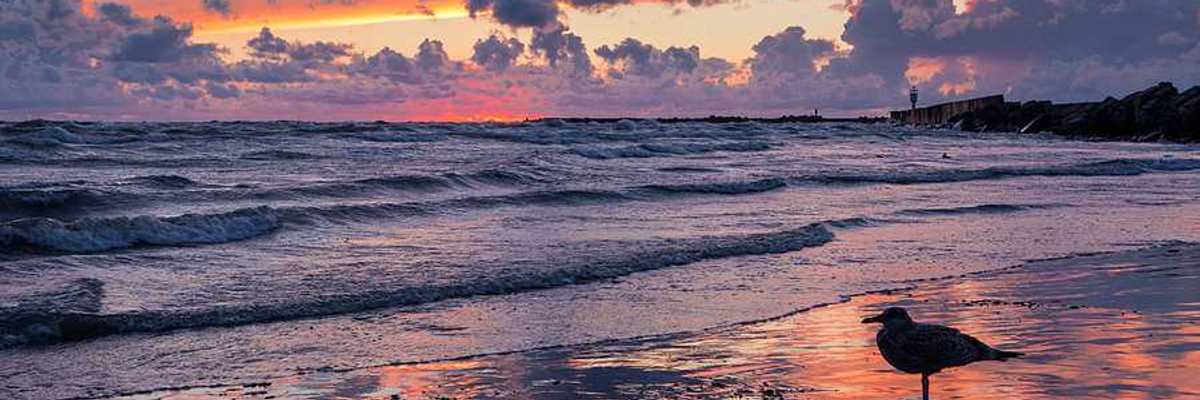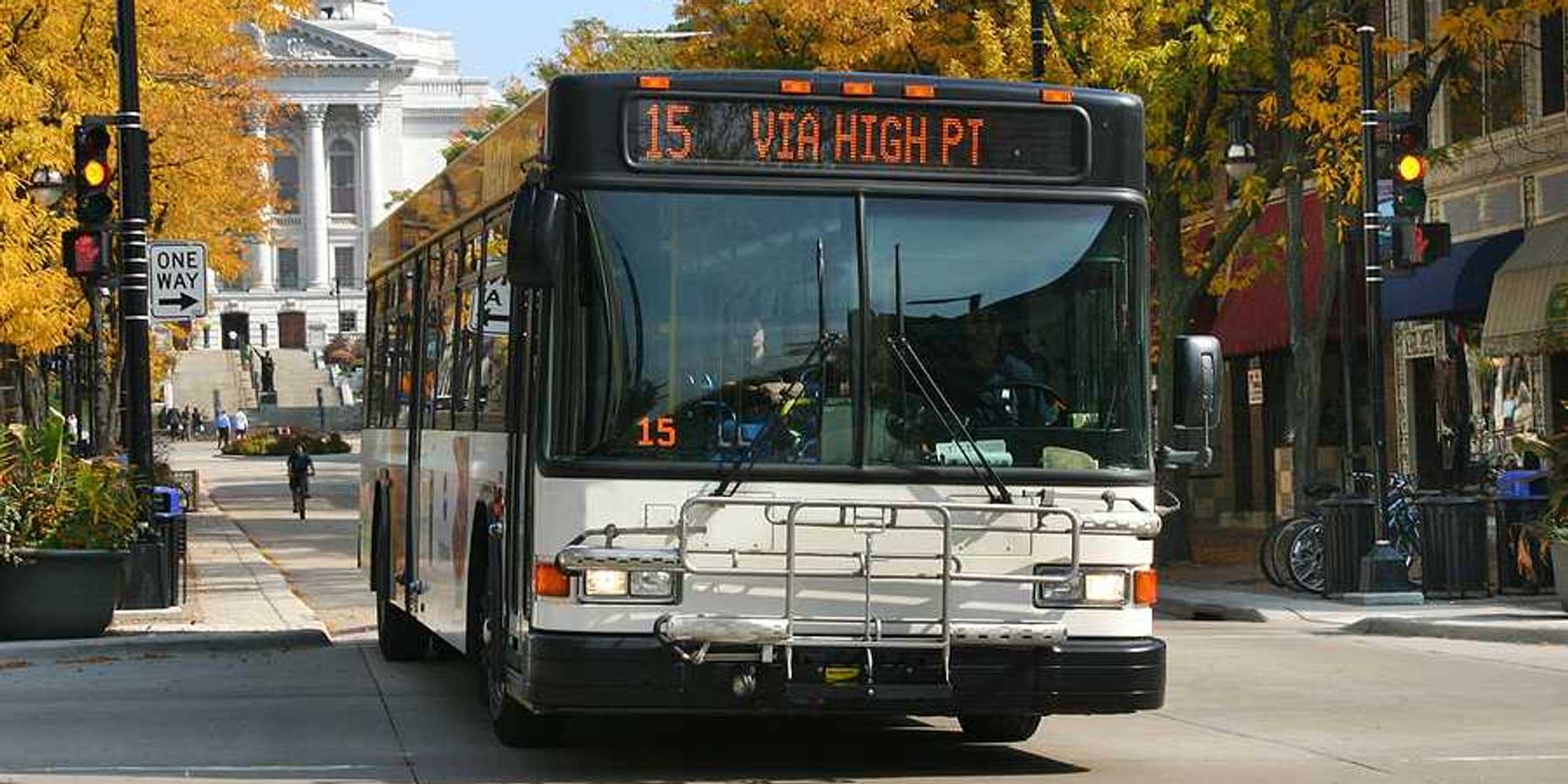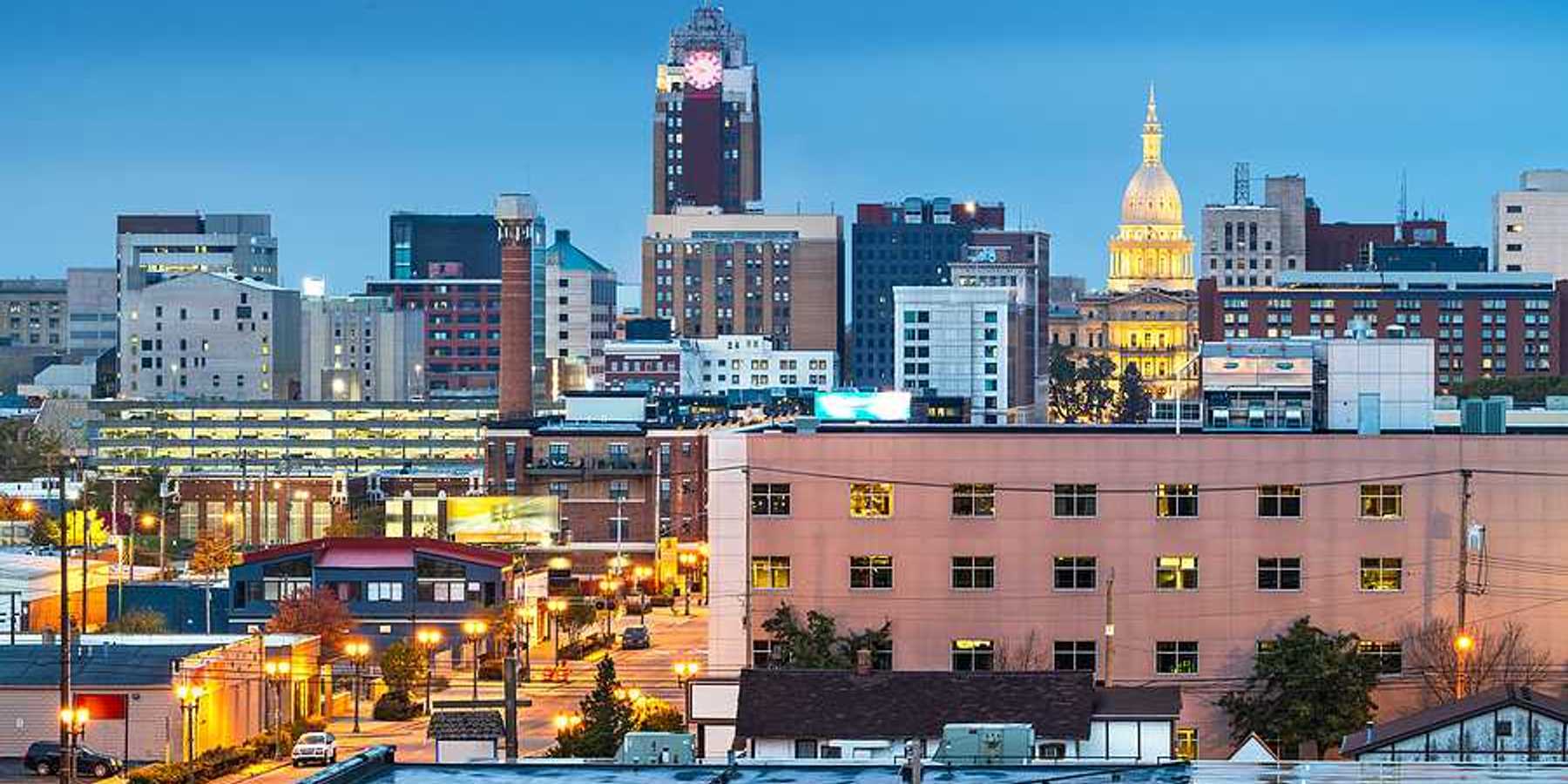violence
Brazil revisits law restricting Indigenous land claims amid rising violence
Indigenous communities in Brazil face increasing violence as the Supreme Court reviews a controversial law limiting land rights based on occupation before 1988.
In short:
- The Brazilian Supreme Court is reconsidering a law that restricts Indigenous land claims to territories occupied before 1988.
- Critics argue the law is unjust, as many Indigenous groups were forcibly displaced before that date and now face conflicts with farmers and developers.
- Violence against Indigenous communities has surged, with over 200 murders reported in the past year alone.
Key quote:
“We need to guarantee that Indigenous lands are demarcated and protected in order to combat climate change.”
— Kleber Karipuna, executive director, Articulation of Indigenous Peoples of Brazil.
Why this matters:
The law threatens Indigenous land rights, fueling violence and undermining efforts to protect critical biodiversity and combat climate change.
Natural disasters disproportionally harm women in Australia
Women are 14 times more likely to die and face higher rates of violence and homelessness during and after natural disasters in Australia, yet climate policies fail to address these dangers, experts say.
Stephanie Gardiner reports for The Australian Associated Press.
In short:
- Domestic violence and homelessness spike for women following natural disasters in Australia, with significant cases noted after events like the 2009 Black Saturday bushfires and the 2022 NSW Northern Rivers floods, new research found.
- Despite research, climate policies still overlook the heightened risks faced by women, who make up 80% of those displaced after disasters.
- Traditional gender roles during disasters often lead men to heroic duties while women bear increased caregiving burdens, exacerbating social and economic disadvantages.
Key quote:
“There’s the social disadvantage, but women are also economically disadvantaged and … when a crisis strikes, they’ve got less security and fewer resources to draw upon.”
— Carla Pascoe Leahy, research manager at the Women's Environmental Leadership Australia.
Why this matters:
Women face disproportionately higher risks during natural disasters, which exacerbate existing social and economic vulnerabilities. Ultimately, building resilience against natural disasters means building equity. By empowering women and addressing the root causes of their vulnerabilities, communities can create a more just and sustainable path to recovery.
Many journalists covering climate crisis face threats and violence
A recent survey reveals that nearly 40% of journalists reporting on climate and environmental issues have been threatened, with 11% experiencing physical violence.
In short:
- A global survey of more than 740 journalists found that 39% had faced threats, primarily from individuals involved in illegal activities like logging and mining.
- Many journalists feel compelled to self-censor due to fears of retaliation and include climate change skeptics in their stories under misguided notions of balance.
- The survey highlights a pressing need for more resources, with 76% of respondents citing a lack of support for in-depth climate reporting.
Key quote:
“The work of ‘covering the planet’ poses diverse challenges for journalists all around the world – but this work is urgent and vital.”
— Dr. Gabi Mocatta, lead researcher at Deakin University
Why this matters:
Threats to journalists inhibit the crucial reporting on climate change, which is vital for public awareness and policy change. Covering topics like deforestation, pollution, or illegal wildlife trade often involves confronting powerful entities with vested interests in maintaining the status quo. These stories are critical not only for public awareness but also for policy change and environmental justice.
Winter storms linked to increased domestic violence, study finds
A devastating winter storm in Texas heightens the risk of domestic violence, trapping victims with their abusers and limiting access to help, reports
In short:
- Research indicates that natural disasters exacerbate intimate partner violence, as victims find it harder to seek support.
- Disasters like wildfires and hurricanes, fueled by climate change, could make these situations more common.
- Federal disaster response lacks preparation for addressing intimate partner violence during emergencies.
Key quote:
“The level of toxicity and abuse was condensed. The accusations or outbursts of anger that would have taken three weeks were condensed to five days.’’
— Michelle J. Abdelnoor
Why this matters:
Natural disasters can create significant emotional distress and anxiety. The loss of homes, livelihoods, and loved ones can heighten tensions within households. For individuals with a predisposition toward violence, these stressors may lead to an increase in abusive behaviors as a misplaced outlet for their frustration and fear.
Ecoanxiety. Ecoparalysis. Solastalgia. Call it what you want— when it comes to climate change and mental health, the future is now.
How this climate activist justifies political violence
“The reason that people contemplate escalation is that there are no risk-free options left,” says the author of "How to Blow Up a Pipeline."
Safety of Peru’s land defenders in question after killing of Indigenous leader in the Amazon
Quinto Inuma was killed on November 29 while traveling to the Santa Rosillo de Yanayacu community in Peru’s Amazon following a meeting of environmental defenders.
New online map tracks threats to uncontacted Indigenous peoples in Brazil's Amazon
Mobi, a new online interactive map, draws information from public databases, government statistics and field observations to paint a comprehensive picture of the threats that uncontacted Indigenous peoples face in the Brazilian Amazon.









